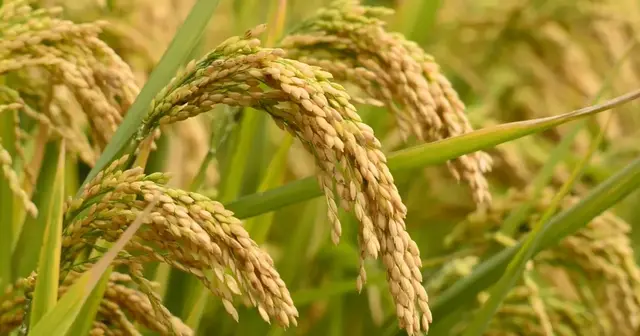By APD writer Melo M. Acuña
**MANILA – **An international conference called for more investment in climate change initiatives for the world’s most important food crop.
In a statement released by the Los Baños, Laguna-based International Rice Research Institute (IRRI), it quoted Dr. Bjorn Ole Sander, Vietnam Representative to IRRI as saying rice contributes about 1.5 percent of total greenhouse gas emissions, but doesn’t receive nearly as much of global climate investment.
“This disproportionate attention us unfortunate, as there are significant opportunities for reducing climate impact while increasing profitability and resilience through new technologies. With greater investment, this is possible,” he added.
The two-day 2nd Global Sustainable Rice Platform (SRP) ends today in Bangkok and brought together representatives from the private sector, research organizations, and civil society actors dedicated to making the rice sector more productive, equitable, and sustainable.
The goal of the standards platform is to certify one million farmers to adopt sustainable best practices in rice production and promote resources efficiency and sustainability through cooperation in research, production, policy-making, trade and consumption.
Flooded rice fields account for nearly 10% of global annual emissions of greenhouse gases (GHG). Rice, a water-intensive crop, consumes 2,000 to 3,000 liters of water to produce a kilo of rice thereby increasing water scarcity in surrounding areas. According to IRRI, even after it is harvested, rice straw is burned in many Asian countries, releasing toxic chemicals that pollute the air and degrade soil fertility.
The SRP Standards is a framework of normative best practices and geared towards helping farmers, rice producers, and retailers decrease rice’s impact on the environment by responding to the most urgent climate change contributions of the crop. Multiple technologies and methods including alternate wetting and drying, laser land levelling, and digital tools and apps that can be implemented and scaled up to achieve reduced GHG emissions, more efficient water use and better rice straw management though maintaining or even increasing productivity.
“Rice consumers also have a role to play in promoting climate investment,” thus said Dr. Matty Demont, another IRRI official, as increased awareness and demand for sustainable sourced rice can drive governments and the private sector to make sustainability a policy and market priority.
“By making sustainability top-of-mind, changes would soon come to benefit not only the planet but everyone in the rice sector, from producer to consumer,” Dr. Demont explained.
The event was co-sponsored by the UN Environment and IRRI and supported by GIZ and SRP members.
(ASIA PACIFIC DAILY)
 简体中文
简体中文

